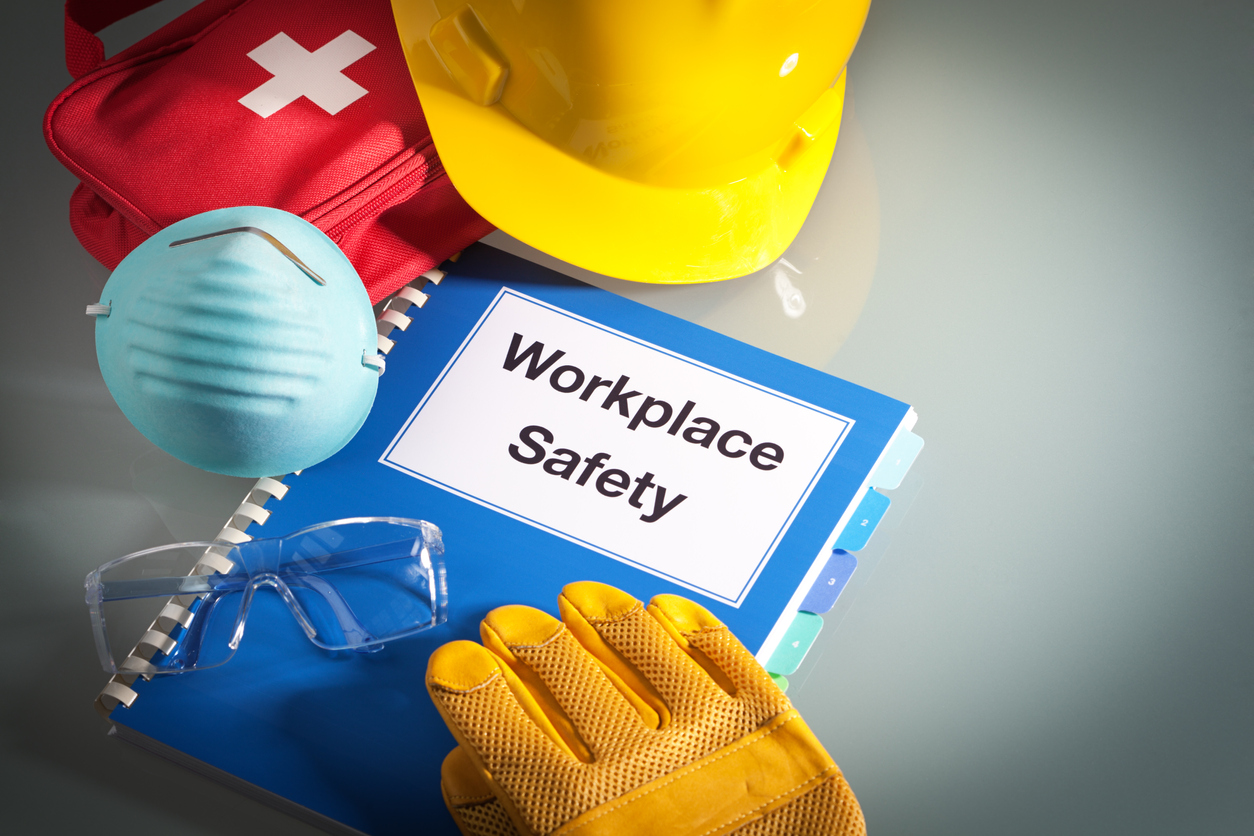Safety training is an essential aspect in the productivity, health, and success of all companies and their workers. Training helps ensure employees are aware of potential hazards in the workplace and what necessary precautions to take to prevent accidents and injuries. In addition, safety training helps organizations comply with occupational health and safety regulations and avoid potential fines or legal action. By demonstrating a commitment to workplace safety, organizations can also enhance their reputation and attract and retain top talent.
There are several key elements of safety training, some of which are common to all industries while others are specific to the type of work being performed:
- Behavioral safety: Train employees on the importance of safe work practices and following safety procedures.
- Hazard identification and recognition: Train employees on identifying potential hazards in the workplace and how to protect themselves. This will not only prevent employees from getting injured but also help prevent others from being injured.
- Personal protective equipment (PPE) training: Depending on the industry, workers should know how to use and maintain PPE such as hard hats, safety glasses, gloves, and respirators.
- Emergency procedures: Train employees on emergency procedures such as evacuation plans, first aid, and fire safety.
- Job-specific safety training: Provide employees with specific safety training that focuses on the potential hazards associated with their industry and their work.
- Machinery and equipment safety: Train employees who work with machinery and equipment on the proper use, maintenance, and safety procedures (including lockout/tag-out procedures) to prevent accidents and injuries.
- Chemical safety: Train workers dealing with hazardous chemicals on proper handling, storage, and disposal procedures.
- Ergonomics: Train employees on proper ergonomics to prevent musculoskeletal disorders and other injuries associated with repetitive motions.
- Driver safety: Have a program in place outlining the company’s policy and procedures on safe driving, including requiring defensive driving courses.
- Drug and alcohol: Provide courses to help employees understand the dangerous and negative effects of drug and alcohol abuse in themselves and their co-workers.
The Occupational Safety and Health Administration (OSHA) provides training requirements, including for specific industries. For example, healthcare workers must be trained on preventing exposure to bloodborne pathogens; the use of sharp instruments, including needlesticks; and the use of assistive patient-handling equipment. Construction workers need specific training on fall protection, including when working from heights.
Staffing Companies
Staffing companies are in a unique position, as they are considered joint employers with their host companies – their clients – and are responsible for the condition of employment and complying with the law. As such, staffing companies must make sure temporary workers are properly trained for the jobs they will be performing at the host company. They should also evaluate the host company’s training.
In addition, staffing companies should make clear that employees perform only the job for which they were hired at a client’s operation. If workers are asked to do a job they have not been hired and trained to do, they should immediately contact the staffing company.
Incident Management & Ongoing Training
Incident management is an integral component of any safety training program. It’s important for employees to understand injury-reporting procedures, including when and to whom to report an injury. The sooner the injury is reported, the faster the injured worker is treated and on the road to recovery and the better the Workers’ Compensation claim outcome.
Annual employee training and refresher courses are crucial to keep safety front and center throughout the organization. Management and supervisors should also participate in the refresher courses and continually promote a culture of safety.
About Prescient National
Prescient National is committed to helping our clients improve safety and productivity in their organizations. We utilize data-driven analysis, including the adjuster’s investigation, to determine where improvements can be made to mitigate a similar loss or improve the outcome of a claim. When possible, we will observe an insured’s training program and provide industry-specific training.


